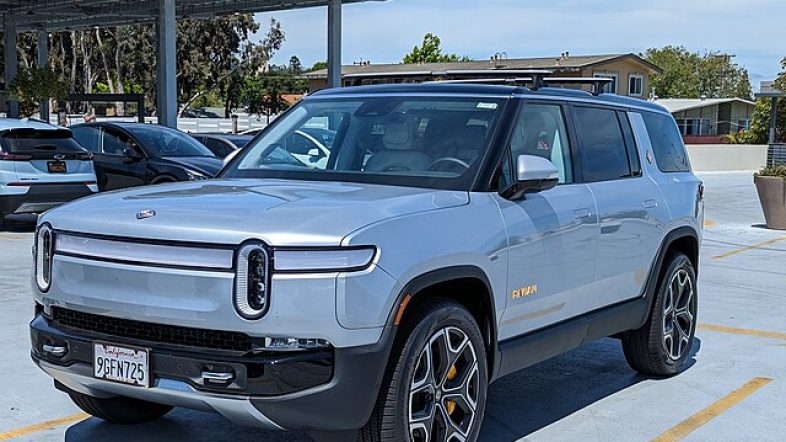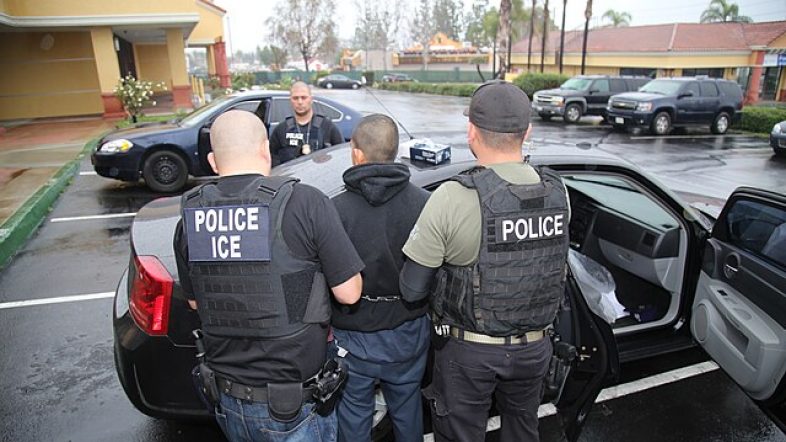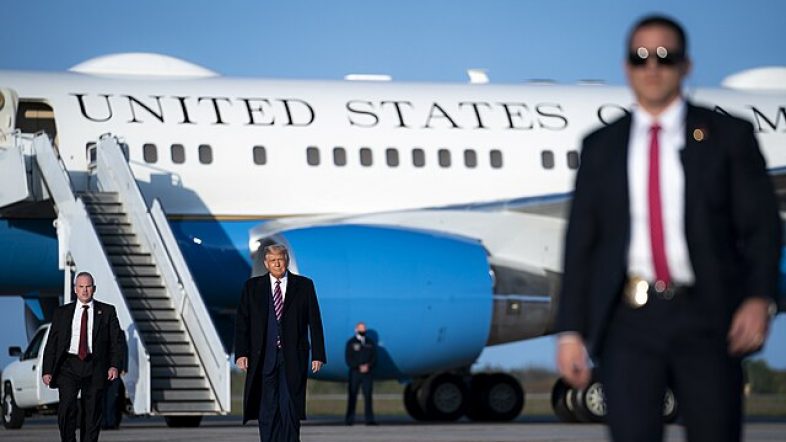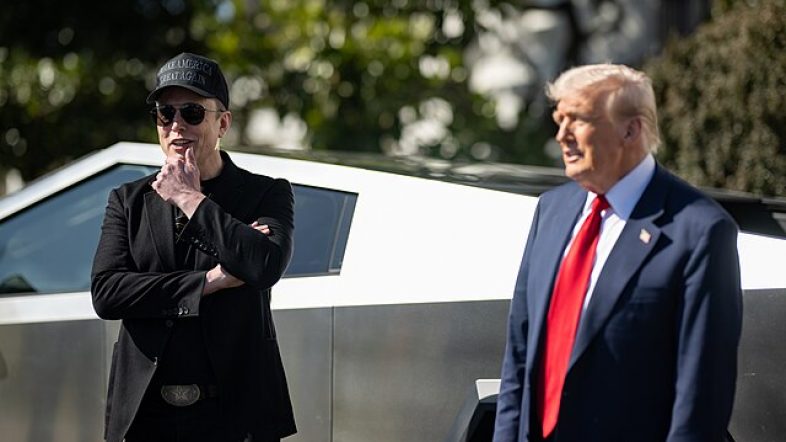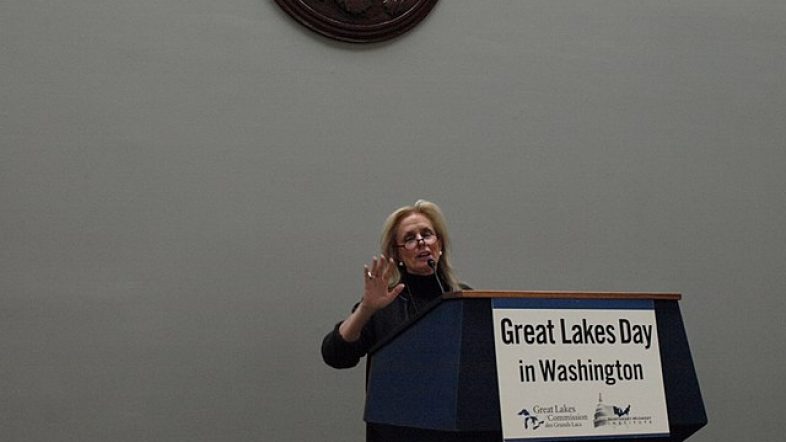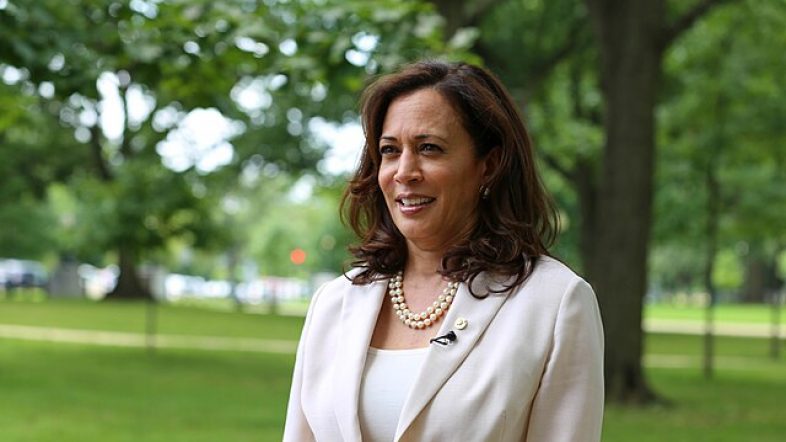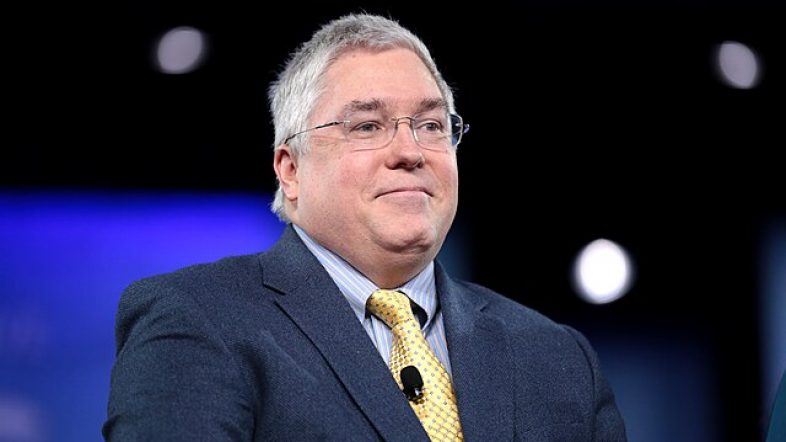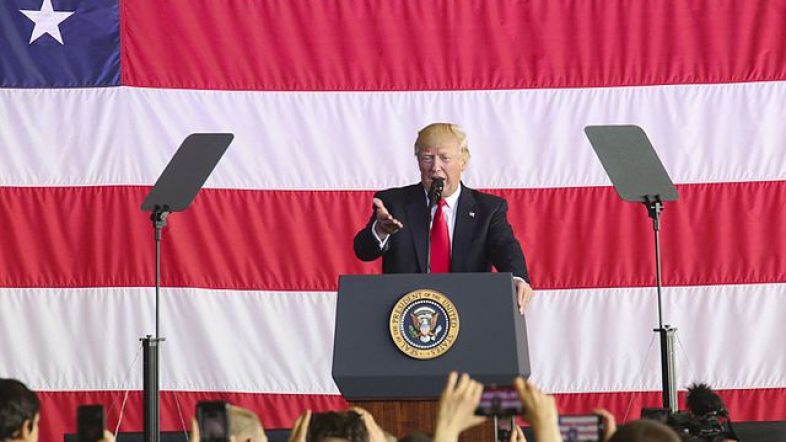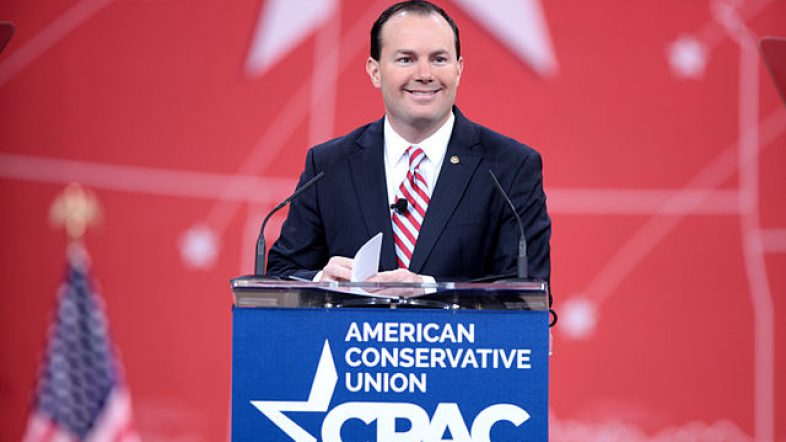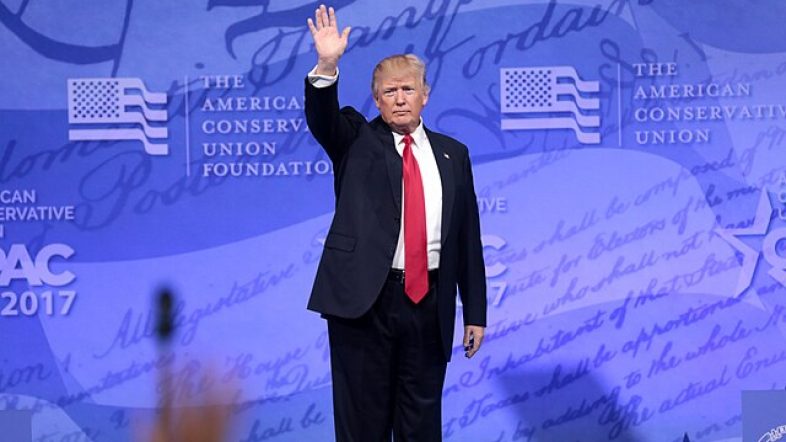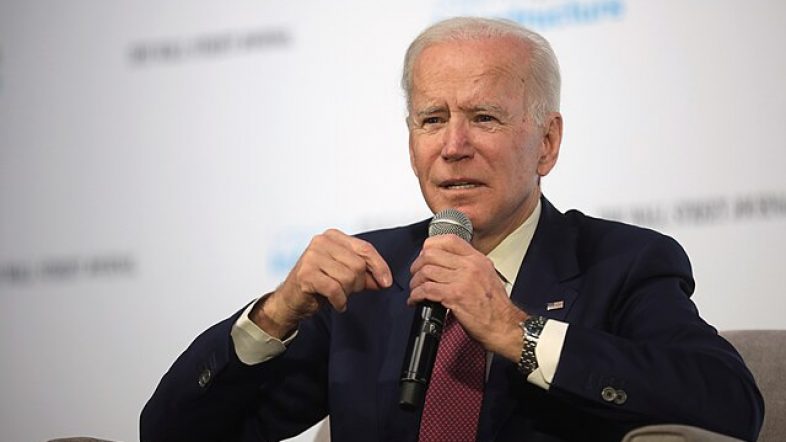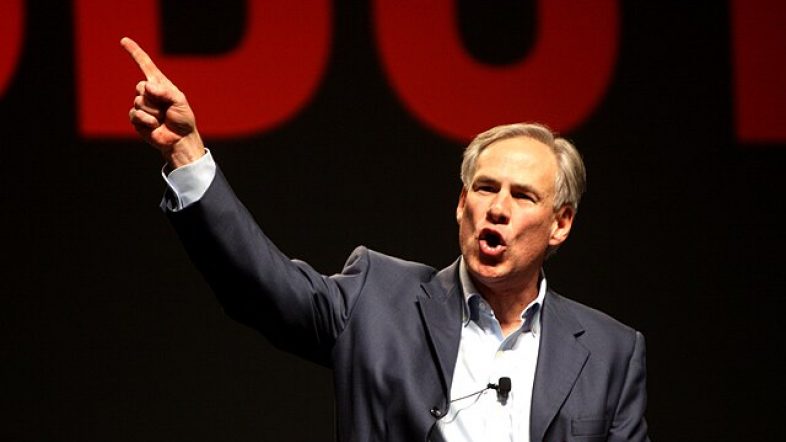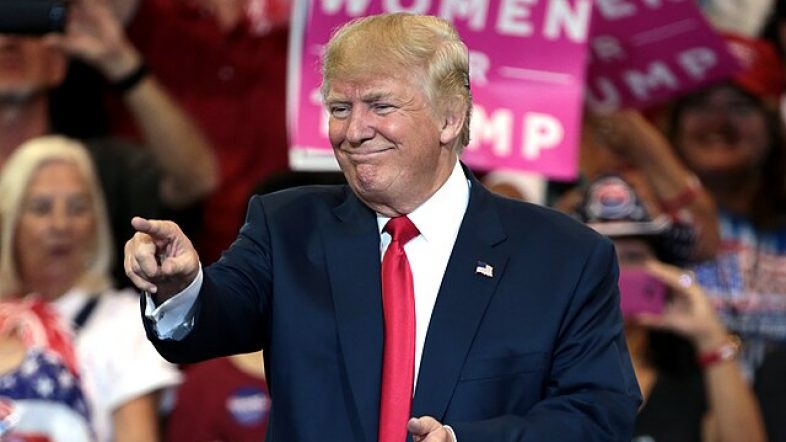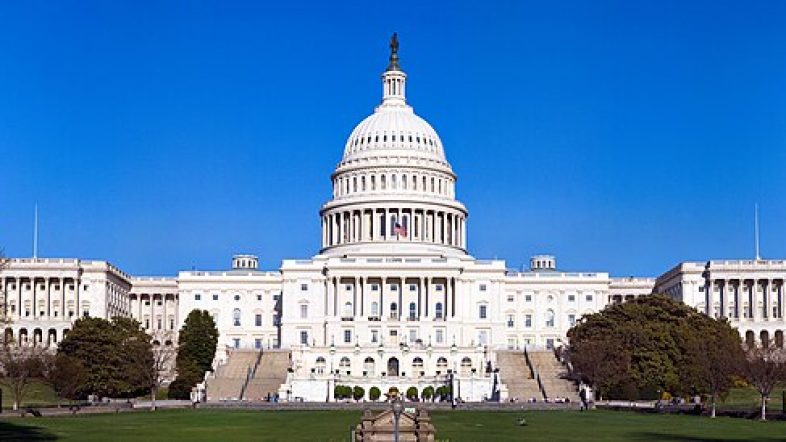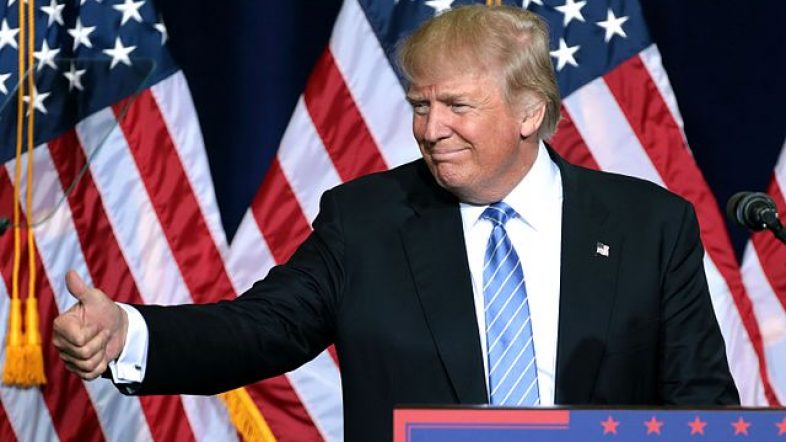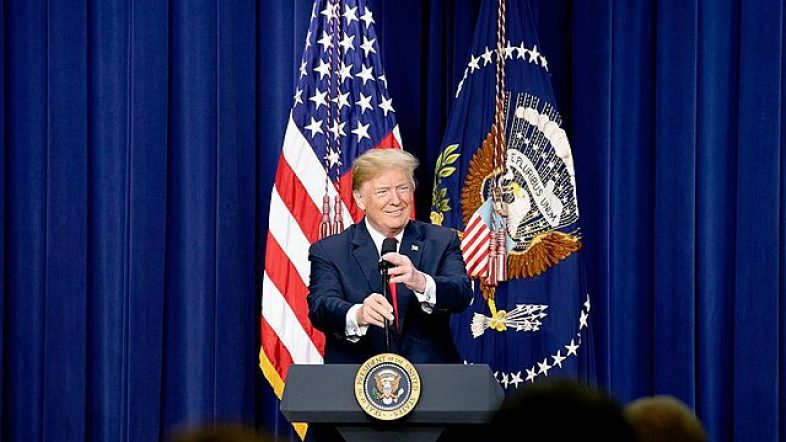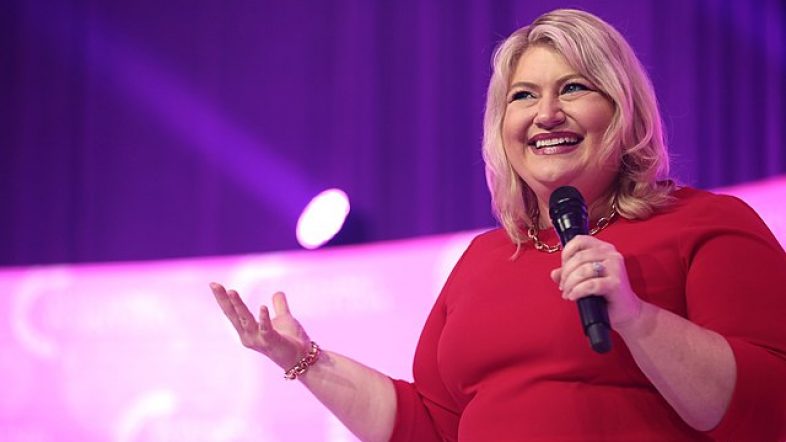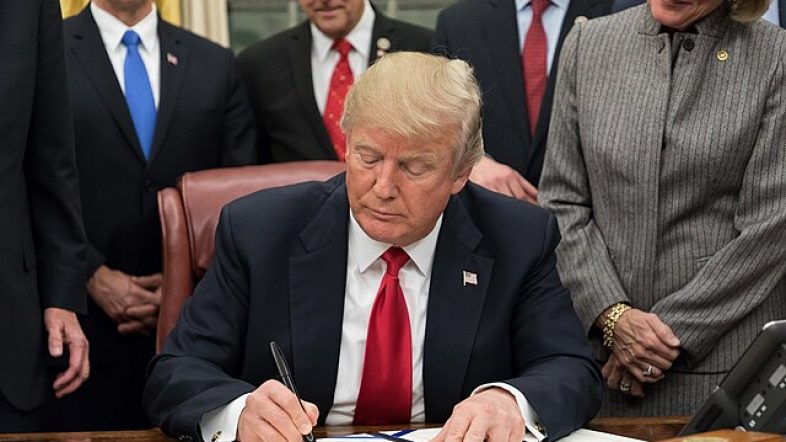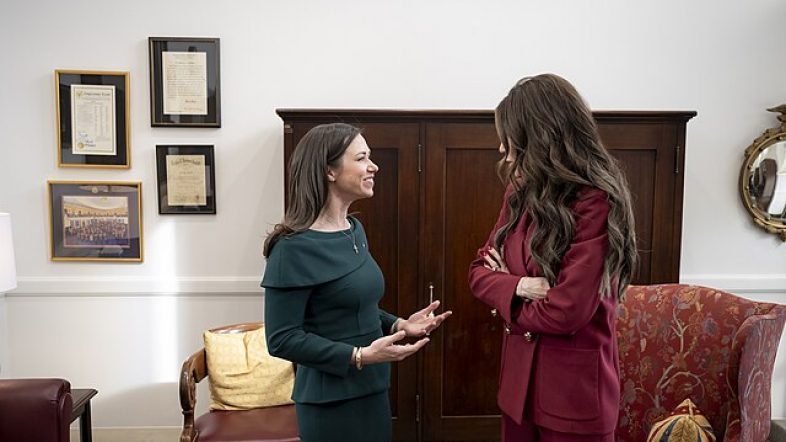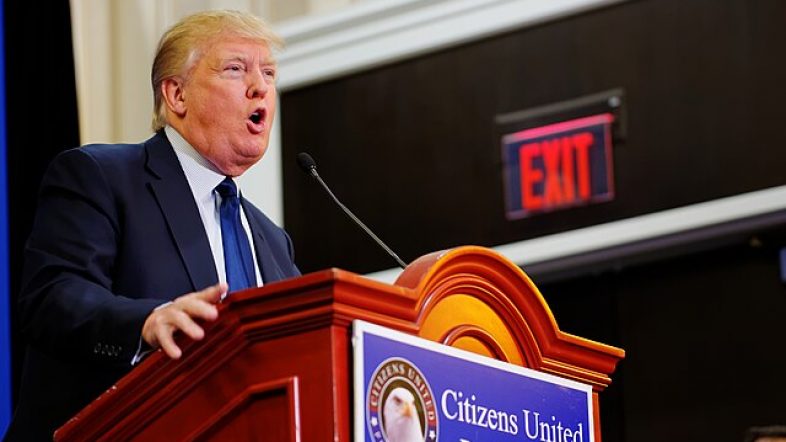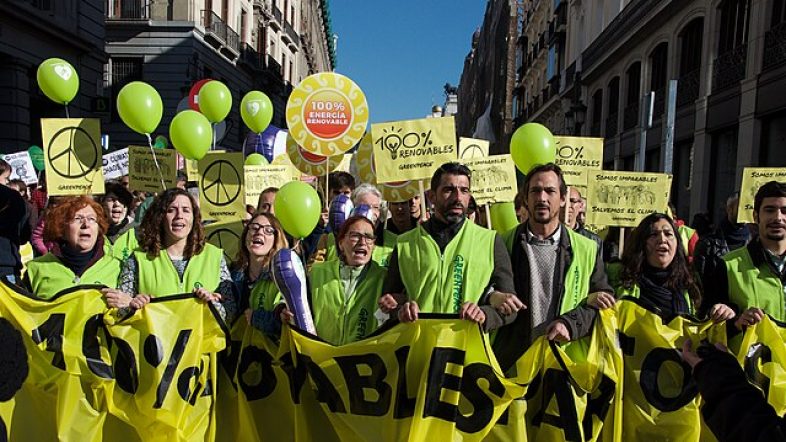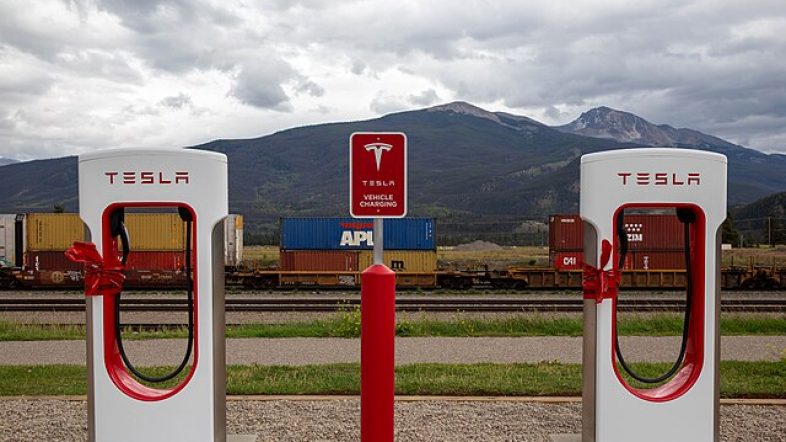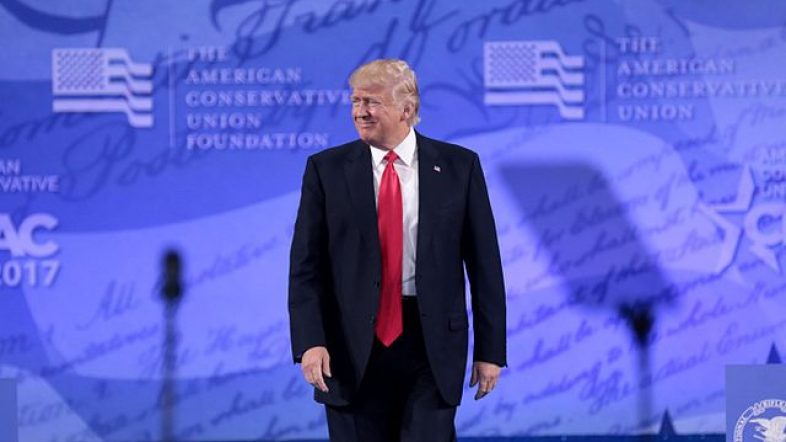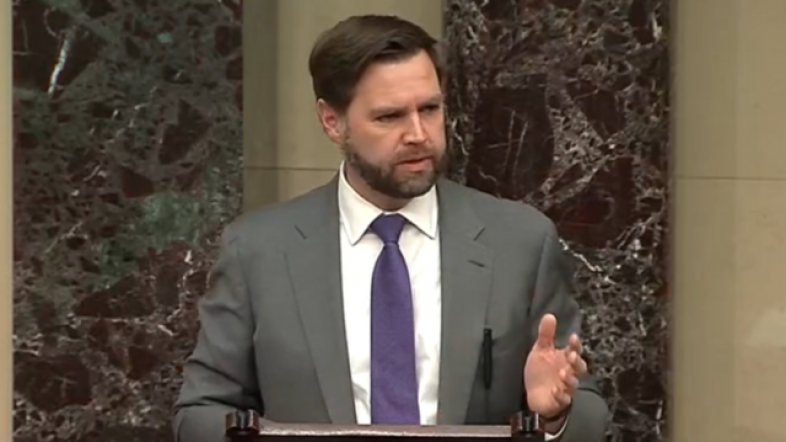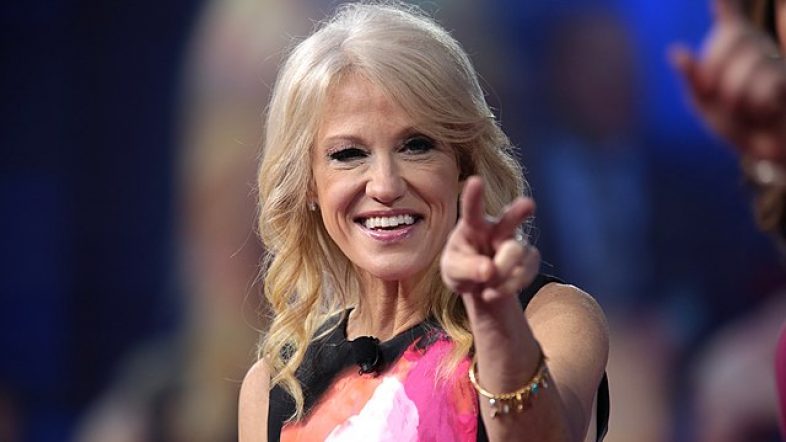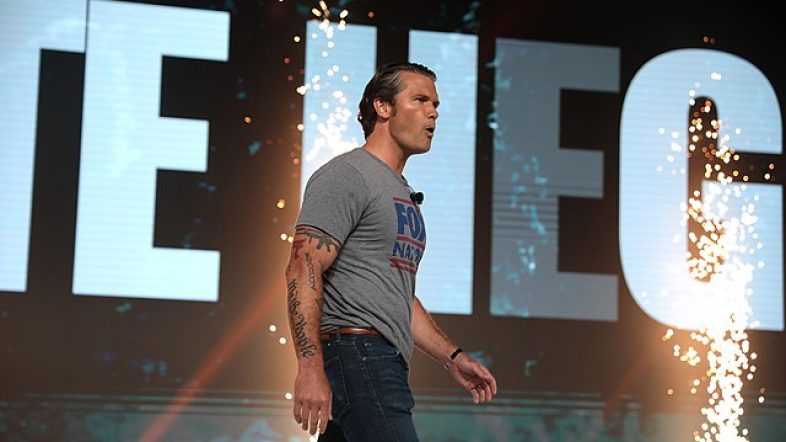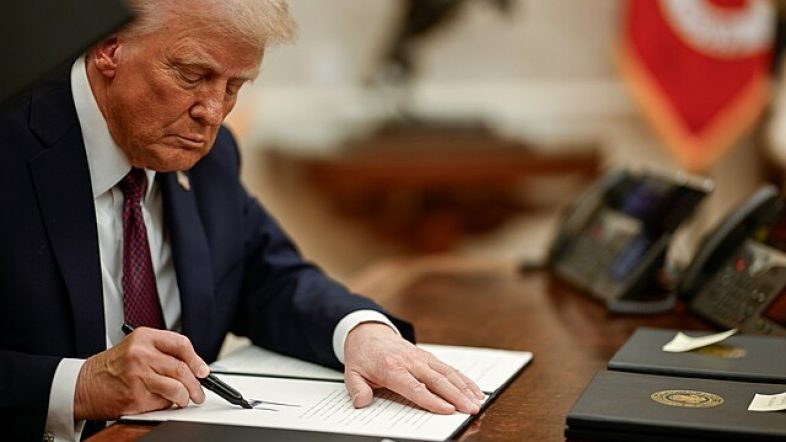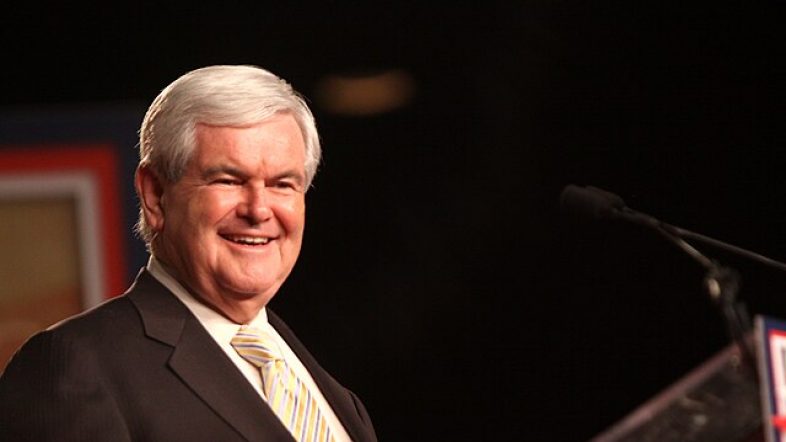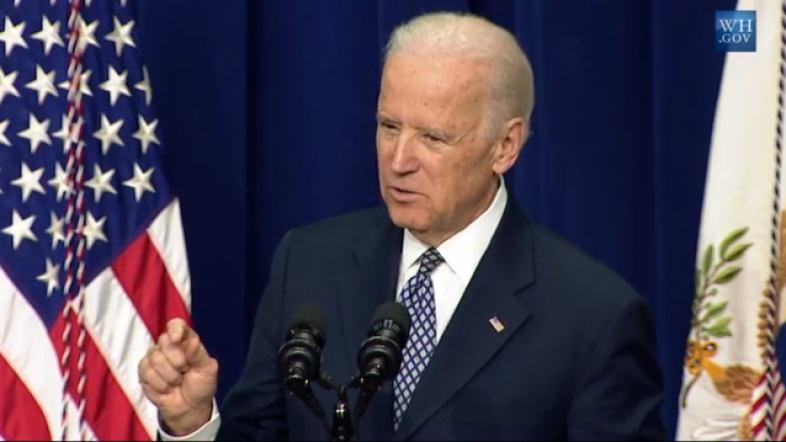The Biden administration published guidelines meant to restrict some foreign companies from capitalizing on its climate agenda, but some stakeholders say the rules are not strict enough on China.
The “foreign entity of concern” (FEOC) guidelines, published in the Federal Register on Monday, are designed to keep companies based in or controlled by China, Russia and other adversarial countries from cashing in on a key electric vehicle (EV) subsidy in the Inflation Reduction Act (IRA), President Joe Biden’s signature climate bill. Former U.S. ambassadors and trade groups called on the Biden administration to fully box out companies based in flagged foreign countries and their subsidiaries, but the final guidance does not reflect their wishes.
The final guidance considers an entity to be a FEOC if it is based, incorporated or performing relevant activities in a covered nation, if 25% or more of its voting rights, board seats or equity interest are held by the government of a covered nation, or if the entity is effectively controlled by a FEOC via contract. The guidance determines which EVs are eligible for the IRA’s 30D tax credit, a $7,500 consumer subsidy meant to incentivize Americans to purchase electric cars.
Because China dominates the raw material supply chains and refining capacity needed to mass-produce EV batteries, lawmakers and some American companies have stressed the importance of stopping Chinese companies from cashing in on taxpayer-backed subsidies.
“The new guidance is definitely not sufficient,” Michael Bushbacher, an attorney for Boyden Gray PLLC who helped the Clean Fuels Development Coalition (CFDC) file their comments, told the Daily Caller News Foundation after the final guidance’s release. “The guidance creates a roadmap for how to basically avoid FEOC designation. It’s like this fiction, where there’s an entity controlled by an entity that’s controlled by a covered nation, but it doesn’t count as being controlled for the purposes of this rule.”
“CFDC’s view is that if you’re going to be improving the environmental impact of the transportation sector, you should be doing it through things that actually work, and not the things that don’t work,” Bushbacher continued. “And you should be doing it with stuff that is good for America and not bad for America. This fails on both counts.”
Joseph Cella and Peter Hoekstra, two former U.S. ambassadors who now lead the Michigan-China Economic and Security Review Group, slammed the final guidance’s graphite exemption after filing comments on the DOE’s regulatory docket. Their initial comments urged the agency to consider having restrictions cover firms and subsidiaries whose chief executives are members of an entity controlled by the Chinese Communist Party’s (CCP) United Front Work Department, which is responsible for influence and intelligence operations, according to the U.S.-China Economic and Security Review Commission.
“The guidance from the Biden Administration is high risk and not commensurate with the depth and breadth of the China problem. In February of 2023 in an interview with CBS News, Secretary of State Antony Blinken stated: ‘In China there’s really no distinction between private companies and the state,’” the two ambassadors told the DCNF. “China will easily do a ‘two step’ dance around this ambiguous and permissive ‘two step’ process. The United States of America must deny the People’s Republic of China and the CCP any room to maneuver and any advantage whatsoever when it comes to critical minerals or technology.”
The Michigan-China Economic and Security Review Group has especially focused on Gotion, a subsidiary of a Chinese company with extensive CCP connections that plans to build EV battery component factories in Michigan and Illinois with the help of federal subsidies. In their comments, Cella and Hoekstra referenced Gotion as the type of company that the administration should have targeted with its FEOC definitions.
The Battery Materials and Technology Coalition (BMTC), a battery industry trade association, also raised the issue of subsidiaries in comments filed with the DOE ahead of the final guidance’s publication.
“It is widely documented that the governments of China and Russia are directly involved with industries incorporated under their jurisdictions, with their influence reaching deep into subsidiary companies in other countries as well,” BMTC wrote in their initial comments addressing the DOE’s proposed guidance. “The sole fact that government officials, ex-officials, their families, instrumentalities, or state-owned enterprises (SOEs) don’t explicitly hold 25% of board seats, voting rights, equity share, and the like of a company, does not mean that that company is not ‘under the direction of’ that government.”
BMTC’s response to the final guidance on Monday shows that the organization remains concerned about what it perceives to be inadequate language about subsidiaries and foreign influence included in the final guidelines.
“BMTC is disheartened that the finalized FEOC definition does not extend FEOC classification to look beyond explicit government control when determining what entities are a FEOC,” the organization said in a statement addressing DOE’s final guidance. “Government influence is regularly imposed through means other than explicit ownership, voting rights and board seats. Without a strong FEOC guardrail in 30D, we risk undermining the investments being made to stand up the domestic industry.”
BMTC further expressed its strong opposition to the guidance’s provision allowing a two-year grace period for graphite and synthetic graphite, key materials for building EV batteries, that originate from FEOCs. The exemption is a big break for the auto industry because the majority of those materials come from China or Chinese companies, according to E&E News.
The DOE did not respond to a request for comment.


